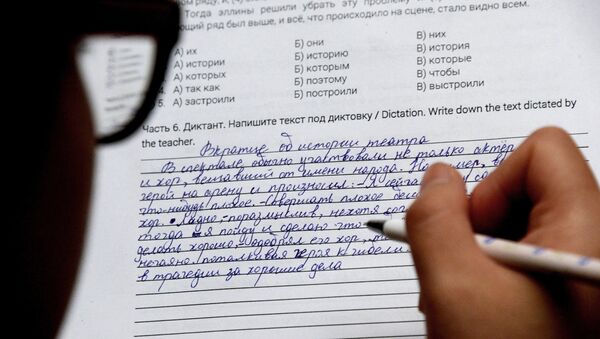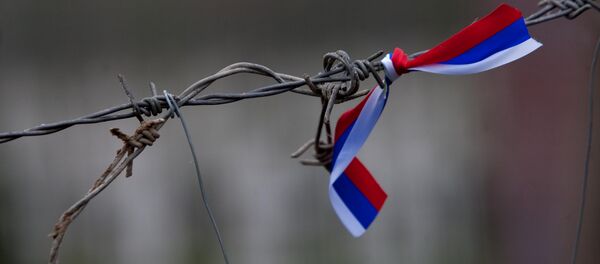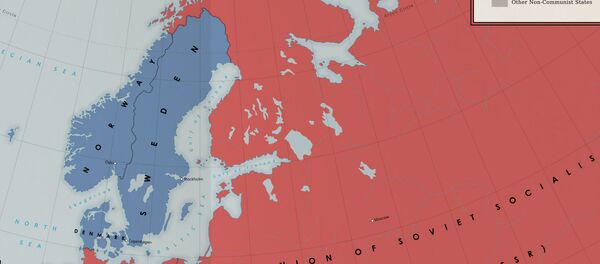This fall, the Finnish parliament will consider the possibility of an experiment in which primary school pupils in a number of Finnish regions would be exempt from the compulsory study of Swedish and allowed to choose another second language.
A number of municipalities in eastern Finland, where Russian is by far the most popular foreign language, may gladly seize this opportunity. The reason is not only a constant flow of tourists and shoppers from neighboring Leningrad Region, the city of St. Petersburg and the Republic of Karelia, but also a quite impressive Russian-speaking diaspora. Eastern Finland was also one of the regions hit hardest by the anti-Russian sanctions, which led to a drop in bilateral trade and tourism.
"People, goods and ideas are moving more actively across borders, and skills and understanding are needed for multi-cultural encounters," Lukkainen said.
Today, Russian is spoken in Finland primarily by Russians and other émigrés from the former Soviet Union. As of today, the Russian language has no official status in Finland, although it was recognized as one of the official three languages of the Grand Duchy of Finland between 1900 and 1917, which was then part of the Russian Empire. At present, Russian remains Finland's third largest language after Finnish and Swedish. According to Statistics Finland, there are over 70,000 speakers of Russian in Finland, a nation of 5.4 million. The Russian language is also a recurrent feature of the Finnish media, with Finnish state broadcaster Yle running a webpage in Russian alongside other media.
In recent years, negative attitudes towards obligatory school Swedish, which many Finns closely associate with the 500-year-old Swedish invasion, have been mounting across Finland. The public campaign against mandatory Swedish is embodied in a logo, in which the letter Å, found only in Swedish words, but not in native Finnish is thrown into the garbage.






